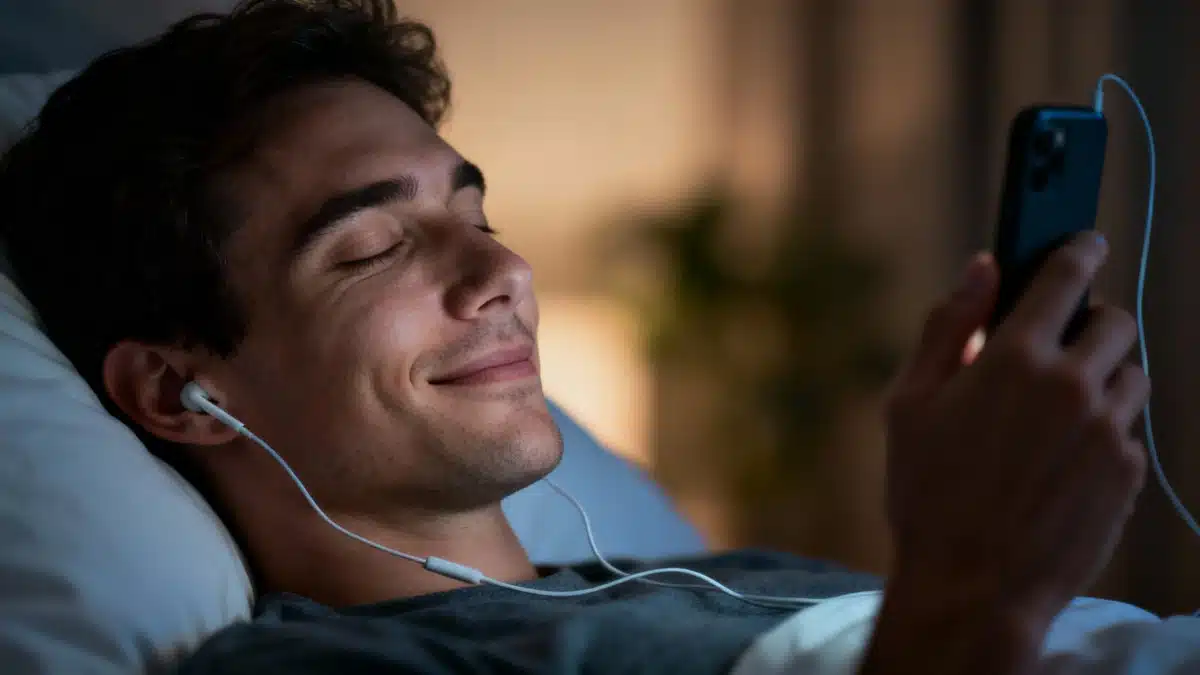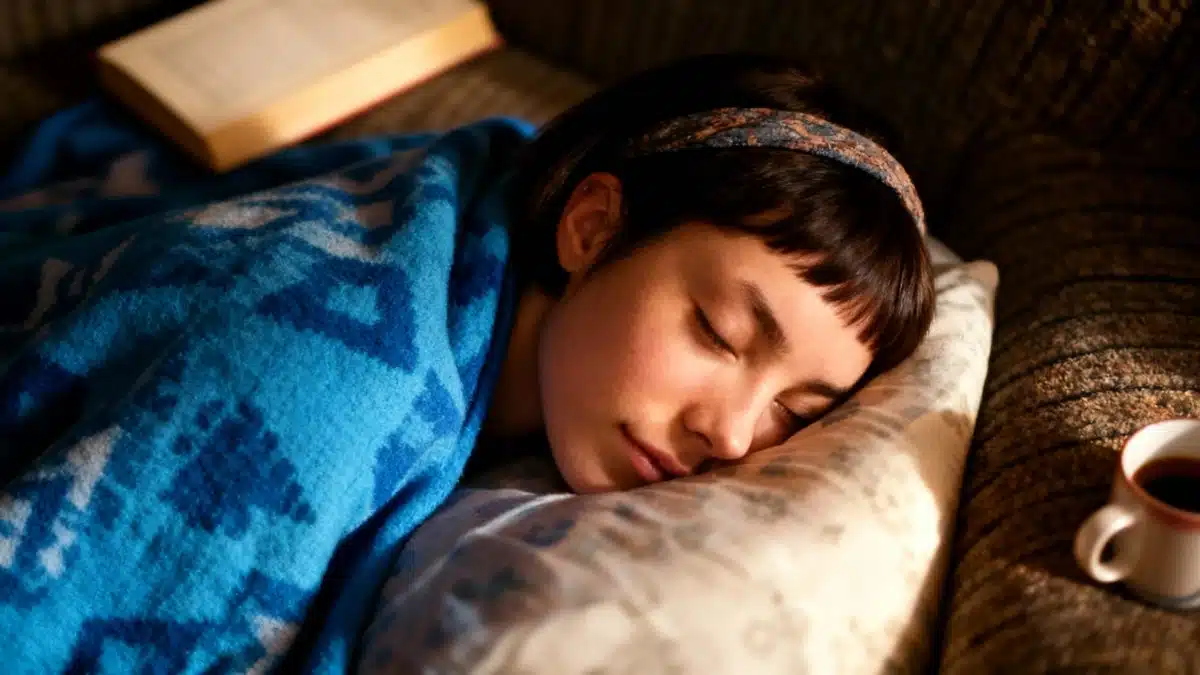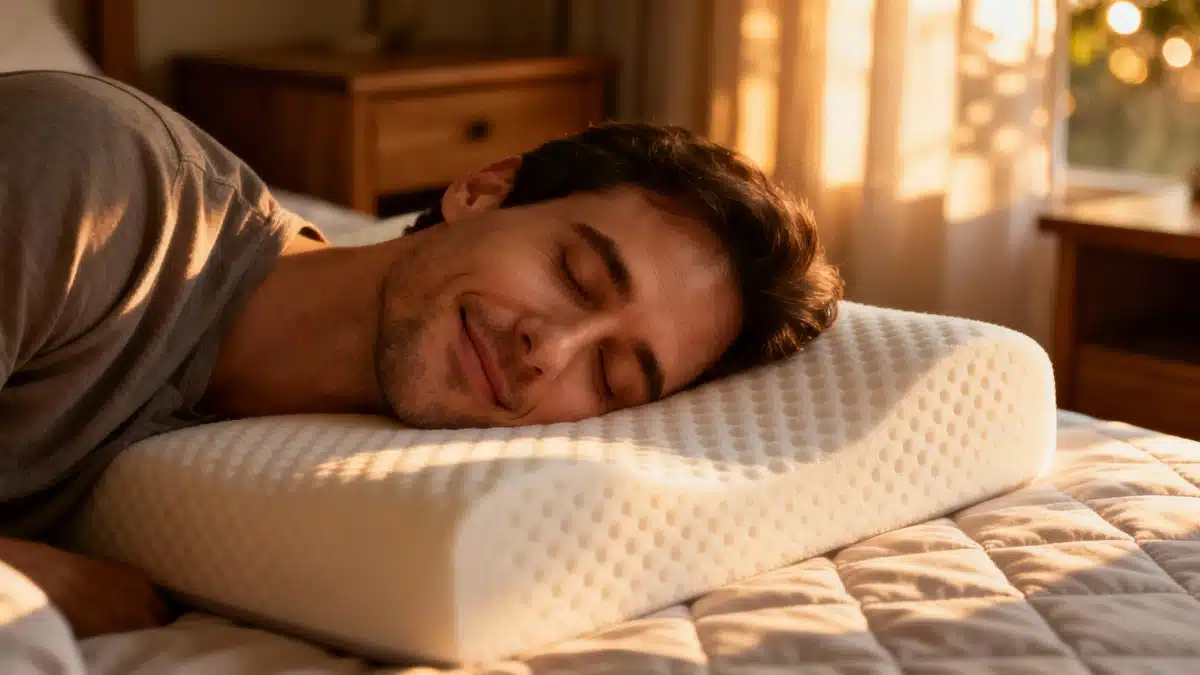Music and Sleep: Not Always a Perfect Harmony
While music is often praised for its relaxing effects, drifting off to your favorite tunes might actually make your night less restful. That’s what sleep researcher Michael Scullin, Associate Professor of Psychology and Neuroscience at Baylor University (United States), found in his recent study published in Psychological Science. Scullin noticed that sometimes he would wake up in the morning with a song stuck in his head—a musical motif that wouldn’t leave him alone, even in his sleep.
The Earworm Effect: When Songs Linger After Lights Out
During his research, Scullin focused on the relationship between listening to music and sleep, zooming in on the phenomenon of involuntary musical imagery—otherwise known as an “earworm.” That’s when a tune or melody gets replayed in your mind, over and over, sometimes well into the night. We usually experience this loop while awake, but Scullin’s findings suggest it can follow us as we drift into dreamland, too.
« Our brain keeps processing music even when there’s no melody playing out loud, apparently even while we sleep. Everyone knows listening to music feels good, and teenagers and young adults often listen to music near bedtime. But the more you listen, the higher your chances of catching an ‘earworm’—a song stuck on repeat in your head when you’re supposed to be dozing off. When that happens, your sleep is likely to suffer, » the researcher explained.
How Much Do These Musical Intruders Impact Your Sleep?
If you’re wondering how big of a problem this is, Scullin’s study has some eye-opening numbers. People who experienced earworms were six times more likely to report poor sleep quality. Even more surprising: instrumental music was found to be more disruptive than lyrical music.
The research team invited 50 participants into their sleep and neuroscience lab, where they set out to trigger earworms and then measure the impact on sleep. Using gold-standard sleep tests—tracking everything from brain waves to heart rate and breathing—they closely monitored participants overnight.
Before bedtime, three catchy hits were played: « Shake It Off » by Taylor Swift, « Call Me Maybe » by Carly Rae Jepsen, and « Don’t Stop Believin' » by Journey. Depending on the participant, they either heard original versions or instrumental versions with no lyrics. The next day, participants reported whether or not they had a song stuck in their head. Researchers then analyzed whether this influenced their sleep physiology. The verdict: those plagued by persistent tunes took longer to fall asleep, woke up more during the night, and spent more time in lighter sleep stages.
« Almost everyone thought that music improved their sleep, but our findings showed that people who listened to more music actually slept worse. The really surprising part was that instrumental music led to an even bigger drop in sleep quality, causing about twice as many earworms, » Scullin added.
How to Really Get Some Rest: An Expert’s Tip
So, what should you do if you want a peaceful night’s sleep? Scullin suggests trading in your nightly playlist for a simple ritual: spend about ten minutes jotting down your tasks for the next day before going to bed. This habit might help you « get rid of » nagging thoughts and act as a real ticket to a good night’s rest—no catchy choruses required.

John is a curious mind who loves to write about diverse topics. Passionate about sharing his thoughts and perspectives, he enjoys sparking conversations and encouraging discovery. For him, every subject is an invitation to discuss and learn.





